State claims attorney-client privilege protects release of records regarding what one critic calls “a bizarre effort to distort the science”
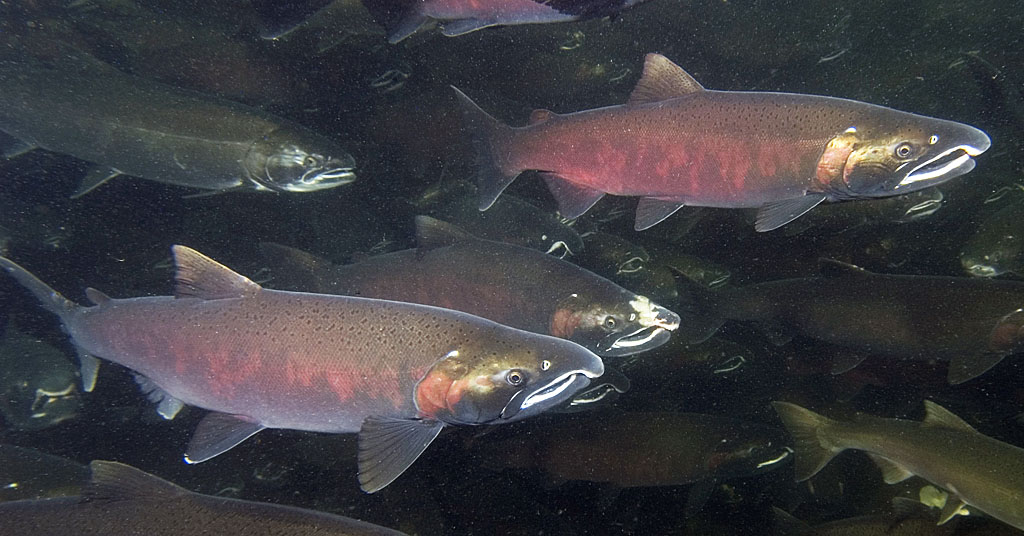
On the road again: Salmon are constantly on the move. How they get where they’re going is once again under question. Photo: ODFW
By Nathan Gilles. August 31, 2023. The Oregon Department of Fish and Wildlife and the Oregon Department of Justice are refusing to release the full list of public documents related to recent revisions to Oregon’s Fish Passage Law.
Part of a larger rule-making process, the revisions concern how fish passages are legally defined.
Fish passages are engineering structures, including fish ladders, that allow migrating salmon and steelhead to voluntarily swim past dams and other obstructions.
Or at least this is how fish passages were defined under Oregon law until Dec. 16, 2022, when the Oregon Fish and Wildlife Commission voted to approve new legal language that, critics say, changed the definition of “fish passage” to now include involuntary “trap collection and transport” procedures, also called trap-and-haul.
Trap-and-haul procedures involve people catching and hauling migrating fish above or below obstructions. This is often done with a tanker truck.
In general, voluntary fish passages are preferred by salmon advocates to trap-and-haul because trap-and-haul has been shown to stress and disorient migrating fish.
The new definition of “fish passage” was written by ODFW, the agency in charge of overseeing the rule making and implementation of Oregon’s Fish Passage Law.
Decision made in “secret meeting”
As Columbia Insight reported in February of this year, ODFW’s revisions sparked an outcry among environmentalists and Tribes.
Critics not only claim that the revised definition will set back efforts to protect struggling and endangered native salmonids, they also claim ODFW made this and several other related revisions at the “last minute” and in secret.
Now a partially released set of documents appears to support at least one of these claims: the claim that ODFW made the changes in secret.
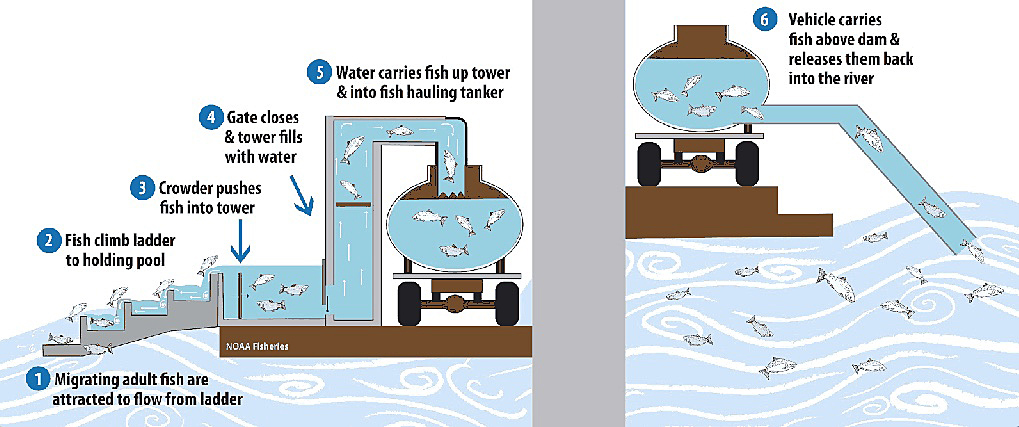
Trap-and-haul infographic: NOAA
In the spring of this year, the Hood River- and Portland-based environmental nonprofit Columbia Riverkeeper, a vocal critic of ODFW’s revisions, received a partial list of public records from the state agency related to the controversial rule change.
Columbia Riverkeeper shared these documents, as well as the nonprofit’s correspondences with ODFW and the Oregon Department of Justice, with Columbia Insight.
The partial records show that in November 2022, ODFW staff sought legal counsel from the Oregon Department of Justice related to the legality of proposed rewrites to Oregon’s Fish Passage Law.
It was during this period of legal counsel, with the DOJ acting as ODFW’s lawyer, that key revisions were made, according to the records.
However, the exact details remain unknown. That’s because ODFW and the DOJ are claiming key communications related to fish-passage rule-making revisions are confidential and protected by attorney-client privilege.
“It’s troubling that they [ODFW and DOJ] can go into a secret meeting and protect it from public view when they are effectively writing public law,” says Miles Johnson, legal director at Columbia Riverkeeper.
Public records kept confidential
Johnson, who filed the public records request on behalf of Columbia Riverkeeper, later petitioned ODFW for the missing records, according to correspondences between Johnson, ODFW and the Oregon Department of Justice.
In a letter to Johnson dated May 15, 2023, ODFW Executive Assistant Michelle Tate confirmed that the records Johnson received where incomplete, stating that the missing records were “prohibited or restricted or otherwise made confidential or privileged under Oregon law” due to attorney-client privilege.
Tate’s letter was followed by a second letter to Johnson, this time from Lisa Udland, deputy attorney general at the Oregon Department of Justice.
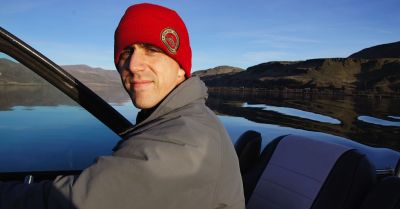
Legal director: Miles Johnson of Columbia Riverkeeper. Photo: Columbia Riverkeeper
The DOJ letter, dated June 5, 2023, also asserted ODFW’s right to invoke attorney-client privilege.
The letter states that ODFW did not send Johnson six public records related to his request.
The unreleased public records include five emails that were withheld by ODFW because, Udland wrote, each email occurred “between one or more Department of Justice (DOJ) attorneys and one or more ODFW employees” and are protected by attorney-client privilege.
Johnson says Columbia Riverkeeper will not seek legal action related to the release of the public records, saying that both public agencies are within their legal right to claim attorney-client privilege.
But he says he disagrees with their use of the legal protection.
“I don’t think it is what the [attorney-client privilege] rule was designed to protect,” says Johnson. “A democratic government should make public policy in public.”
In a written statement emailed to Columbia Insight, Greg Apke, ODFW’s current acting Fish Screens and Fish Passage Program manager and former Statewide Fish Passage Program lead at the time the revisions in question were made, said that his agency consulting with the DOJ wasn’t out of the ordinary.
“The Department as a matter of practice consults with DOJ during and prior to all rule makings to ensure proposed rule language is consistent with authorizing statutes, does not conflict with any statute or rule, and has sufficient legal standing to be enforceable,” wrote Apke.
Fish advocates caught off guard
ODFW’s changes to Oregon’s Fish Passage Law followed what has been a lengthy public comment period that was intended to improve the state’s fish passage rules, something Apke notes in his written statement.
“The rulemaking process related to fish passage rules adopted by the Commission last December included extensive public outreach,” wrote Apke.
Nonetheless, ODFW’s revisions were not only unpopular, they clearly caught many organizations by surprise.
In a Jan. 10 letter to the Oregon Fish and Wildlife Commission lawyers for the Nez Perce Tribe and the Confederated Tribes of the Umatilla Indian Reservation wrote of their “serious concerns about concealed, late-hour, no-public-notice revisions to core principles, definitions, and procedures of the Oregon Fish Passage Rule.”
The letter also called the change “unlawful,” stating “our Tribes reserve the right to seek all appropriate legal remedies.”
Representatives from the Nez Perce and the Umatilla couldn’t be reached for comment.
[perfectpullquote align=”full” bordertop=”false” cite=”” link=”” color=”” class=”” size=””]“They’re trying to redefine an accepted term of science.” —Glen Spain, Institute for Fisheries Resources[/perfectpullquote]
A month later, Columbia Riverkeeper and 14 other salmon advocacy organizations sent their own critical letter to the Oregon Fish and Wildlife Commission.
The letter refers to ODFW’s changes as “last-minute changes” made without “appropriate public process or tribal consultation.”
Apke refutes these claims in his written statement as well.
“This process (as with other Commission rule-making) included public notice of the draft fish passage rules that were published at least two weeks prior to the Commission hearing but changes to rules can occur up until the Commission makes its final decision at the Commission meeting as a result of consideration of both staff and public input on the noticed draft and proposals raised at the Commission meeting public hearing,” wrote Apke.
Seeking legal counsel
Publicly available information suggests ODFW made the unpopular revisions between October 21 and December 16, 2022. According to the public records ODFW did release, the DOJ entered the picture in late November.
The public records show an email correspondence between ODFW’s Apke, then Statewide Fish Passage Program lead, and his boss, Alan Ritchey, the previous Fish Screens and Passage Program manager.
The emails also include ODFW fish biologist Michele Weaver, a subordinate of Apke’s.
The email exchange dated November 17, 2022, shows Apke, Ritchey and Weaver discussing a possible change to a fish-passage rule related to fish traps operated by ODFW.
The exchange starts when Ritchey writes: “Hate to say this but think I found another error in the passage rules.”
After a lengthy discussion about possible revisions, the email exchange ends when Weaver writes: “Is there any way to confirm with DOJ what is the most valid/appropriate?”
A changed version of the rule discussed in the emails would later come before the Oregon Fish and Wildlife Commission, which voted to approve the change as well as other revisions made by ODFW at the December 16, 2022 meeting.
Changing the meaning of words
This change, and the revised definition of “fish passage,” weren’t the only changes made by ODFW staff and later approved by the Oregon Fish and Wildlife Commission.
As both Columbia Riverkeeper’s and the Nez Perce and Umatilla Indian’s letters both note, the definition of “volitionally” was also altered from previous drafts.
“The term volitional passage has a meaning in science and you just can’t say that is equivalent to trap-and-haul, it just isn’t legitimate science and it just isn’t a legitimate use of the terminology,” says Glen Spain, executive director for the Institute for Fisheries Resources, whose organization joined Columbia Riverkeeper in its letter.
The Institute for Fisheries Resources is the research branch of the Pacific Coast Federation of Fishermen’s Associations, which also signed onto Columbia Riverkeeper’s letter.
“They’re trying to redefine a well-known and accepted term of science,” continued Spain. “It’s sort of like passing a law that makes a bird into a fish. It’s a really bizarre effort to distort the science.”
As for making changes to Oregon’s Fish Passage Law in private counsel, Columbia Riverkeeper’s Johnson had this to say: “Oregonians deserve to know how our government agencies are writing laws and rules.”

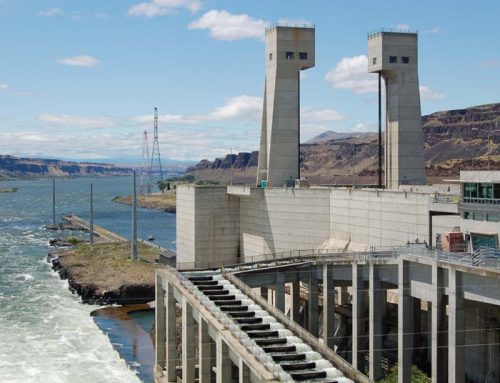
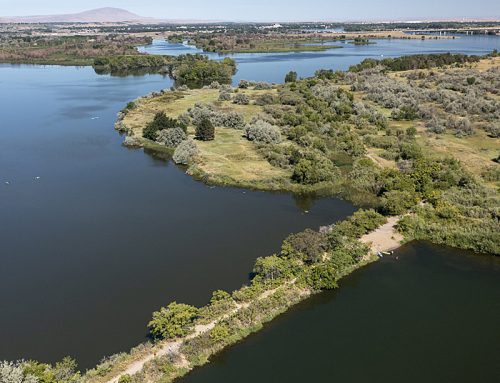
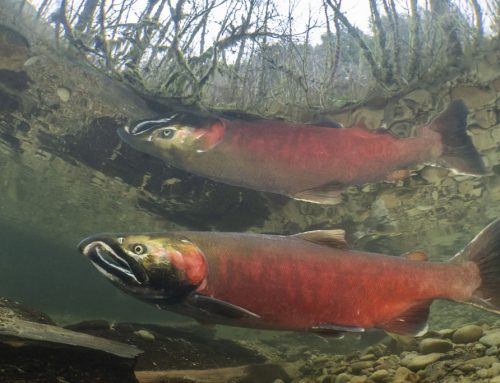
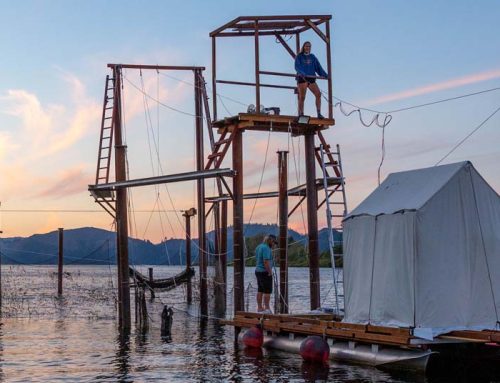
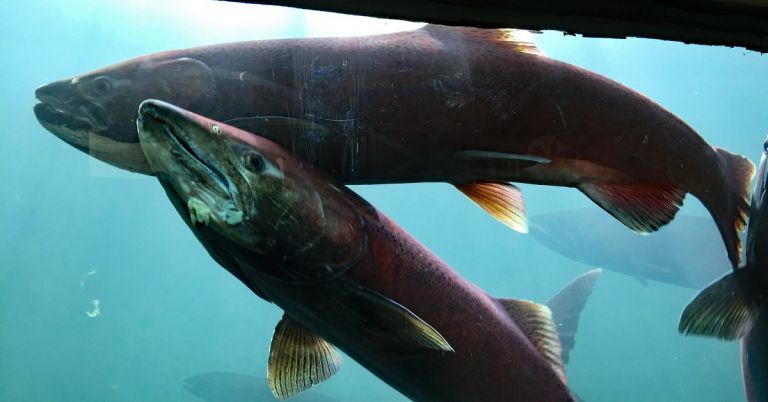
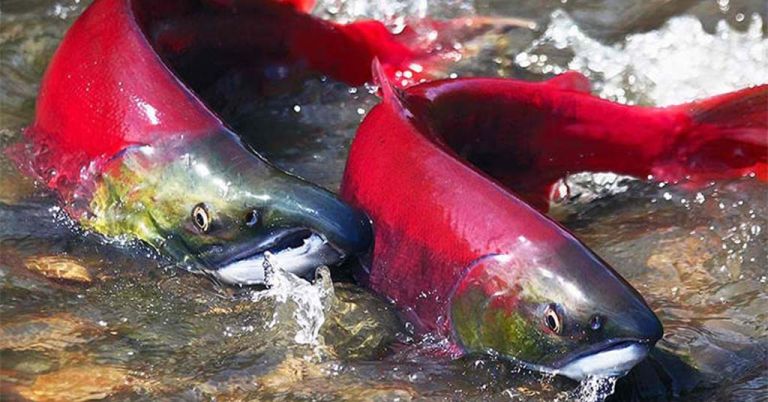
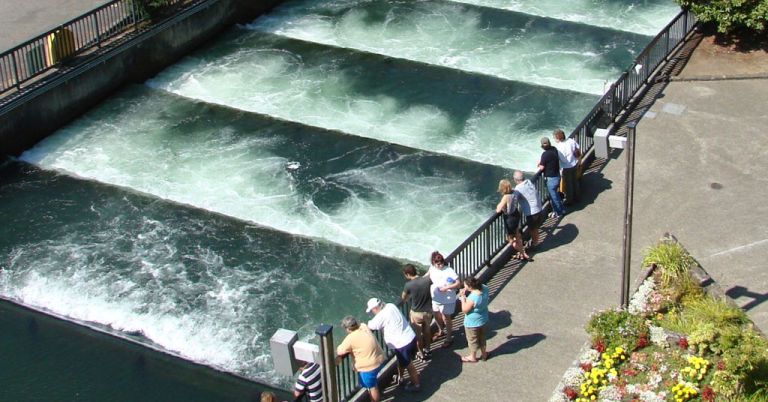



Something is rotten in the state of Denmark. This stinks in the same way as the CDC changing the definition of a vaccine in order to call gene therapy injections vaccines. Let’s just twist the science to fit our agenda, shall we? One could speculate as to the reasons they want to trap-and-haul. Start with the question, “who is it benefiting?” Or, “Who could it potentially benefit?” Or, “Who’s on the ODFW Commission and who do they have ties to?” Whatever the reason, I’d bet it’s nefarious and/or it’ll make some entity a bunch of money. This, coupled with what the ODEQ is doing to stall corrective action to the lower Deschutes is beginning to expose the corruption in Oregon government agencies. Pay attention, there’s likely more to come.
Trap and haul will save the Wallowa Irrigation District thousands of $ in the planned Wallowa Lake Dam re-build but may do little to help the sockeye re-introduction. Follow the money!